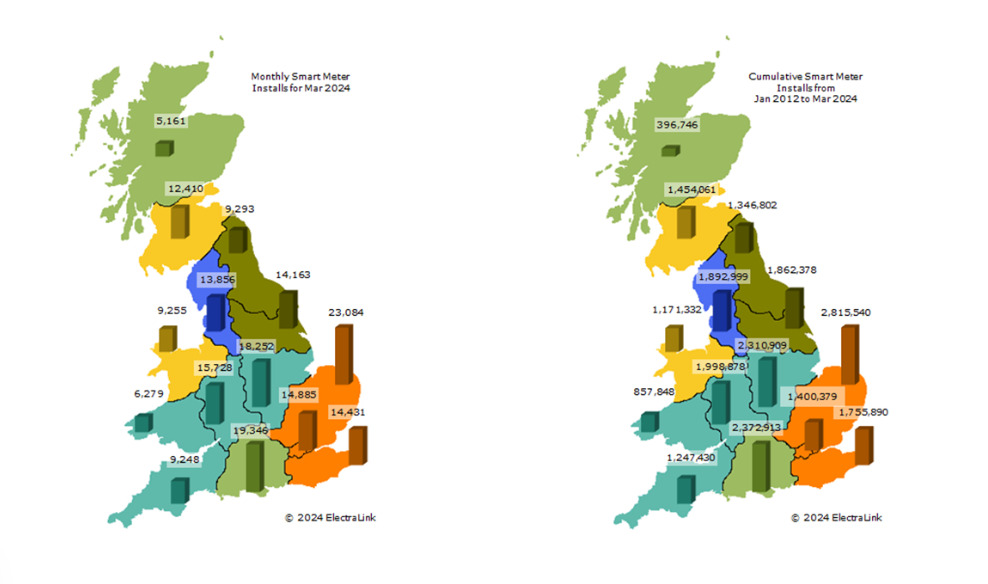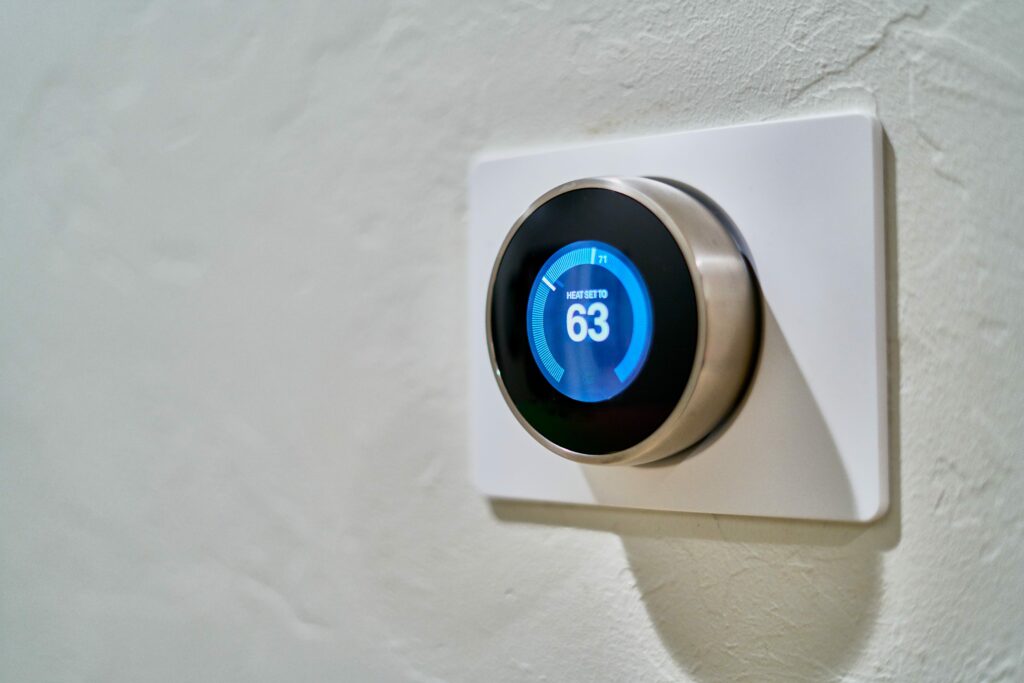In March the GB smart meter rollout took an unexpected downward turn, recording the lowest month of March installations since March 2020.
Energy data company ElectraLink revealed that last month saw a 9% decrease against the month before, with 185,000 smart meters installed. March this year also fell short of March 2023, with 13% fewer installations recorded.
In 2021 and 2022, March saw 224,000 and 219,000 installations respectively.
March 2020 had significantly lower numbers with only 168,000 installations, but the Covid-19 pandemic lockdown meant no more were possible. In April 2020 that figure dropped to 12,000.
The more recent downturn coincides with a wider debate on smart meters losing smart capability. At the end of March, the BBC reported that just under four million smart meters were faulty. About 4.31 million were not operating in smart mode as of December 2023.
Smart Energy GB said that there are almost 35 million smart meters in Britain, and the ‘vast majority’ are operating as intended. There have been 609,000 installations so far this year and 22.88 million since the rollout began 12 years ago.

The downward trend has not changed regional rankings; the usual top three regions are still top three. East England had the most installations, with 23,000, followed by Southern England, with 19,000. The East Midlands saw 18,000 smart meter installations.
In January, Current± reported that data from ElectraLink showed the year of energy supplier “switching resurgence” ended with an 86% year-on-year (YoY) uplift in December 2023.
Until March, the outlook looked good for smart meter installs, though slowing, with ElectraLink’s January statistics signalling small growth YoY to 2.4 million.
Installations for February of this year were down 8% compared to January but 12% higher than February 2023.
In fact, from October 2023, five consecutive months had a higher number of smart meter installations than the same time the previous year.
This decrease in installations doesn’t bode well for achieving the UK government’s target of having 80% coverage in homes and 73% coverage in small businesses by 2025, a benchmark that has already been lowered since being set.
Smart meters help customers manage their energy use and support the transition to a low-carbon energy system.






